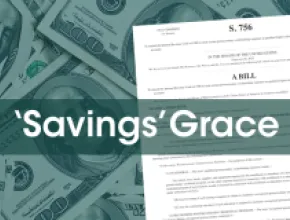There are two sides to every contract, of course, and hoteliers obviously come to the negotiation table with a different set of goals and perspectives.
“One of the biggest issues I see is that some planners don’t take the time to understand the hotel business model to comprehend what’s possible and what’s not,” says Michael Dominguez, CHSE, senior vice president of corporate hotel sales for MGM Resorts International. “Once they do, I think they’ll be much better prepared for negotiations and then contracts.
“By understanding our business model, planners will have a much better idea of where we have leverage and where we don’t,” he continues. “It’s a two-way street, though, and hoteliers need to fully comprehend the group’s business model and background as well.”
Affecting the hotel business model is the fact that the hospitality industry has undergone significant changes in recent years, with resort amenities such as spas, golf courses and retail outlets being owned by outside entities or lease agreements.
“This has caused some confusion in the negotiations phase because a planner might sometimes think they have leverage when they don’t,” Dominguez says.
For example, he says, “a planner might think they have leverage with a property because they’re booking 200 treatments in the hotel spa. However, if the spa is leased and not owned by the hotel, it changes the dynamic and there is no leverage.”
Taking a cooperative, rather than adversarial, approach to negotiations and contracts is a recipe for success.
“We arrive at the negotiation table with two entirely different perspectives,” Dominguez says. “In our industry, we’re both reading the same lines on the contract, but sometimes we’re hearing two different things.”
When reviewing the finalized contract, Dominguez suggests paying special attention to anything with numbers, all liability issues and add-ins.
“It’s extremely important that both sides are realistic about pricing and what’s a must-have in the process and what’s a throwaway,” Dominguez says.






